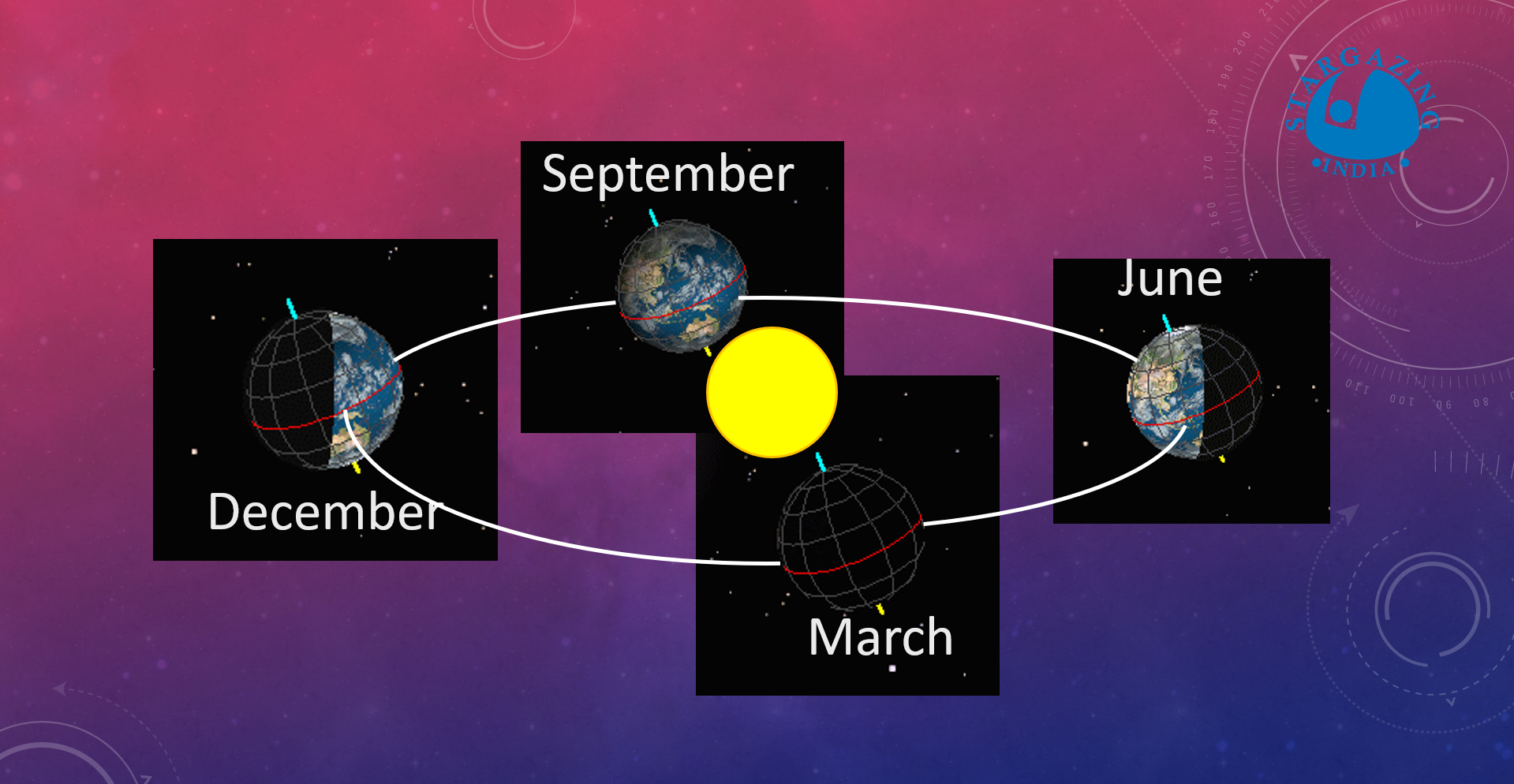Astronomy Explained
The Shortest Lunar Month of 2017: When Jyeshtha Became Truly 'Small'
Published on June 6, 2017 by Mr. Narendra Gor

The scorching summer month of Jyeshtha (Jeth Maas), usually remembered for its intense heat, brought along a surprising astronomical twist in 2017. Despite its Sanskrit meaning “the elder” or “the greater,” this year, Jyeshtha became the shortest lunar month of 2017!
According to astronomer and researcher Narendra Gor, President of the Kutch Astronomy Club, this year’s Jyeshtha month lasted only 29 days, 6 hours, and 46 minutes, making it shorter than all other lunar months of the year.
For comparison, the previous lunar month, Phalguna, had a duration of 29 days, 14 hours, and 51 minutes, about 8 hours longer than Jyeshtha.

🌙 Why Are Lunar Months Unequal?
Our Hindu calendar months are based on the Moon’s revolution around Earth.
- The Moon takes on average 29.5 days to complete one orbit.
- Hence, some months have 29 days, while others stretch to 30 days.
- However, not all lunar months are exactly equal in duration.
The reason lies in the Moon’s elliptical orbit around Earth.
- When the Moon is closer to Earth (perigee), it moves faster, leading to a shorter month.
- When it is farther away (apogee), the month becomes longer.
Thus, this year’s Jyeshtha month aligned with the Moon’s closer orbital passage, making it the shortest month of 2017.
🌙 Connection with Ramadan (2017)
Interestingly, this phenomenon coincided with the holy month of Ramadan, which also follows the lunar calendar. As a result, there was a higher chance that Muslims observed 29 fasts instead of 30 during Ramadan that year.
🌙 Astronomical Note
Whenever the shortest lunar month occurs, it typically happens when the Moon passes closest to Earth around Amavasya (New Moon).
By contrast, the longest lunar month of the century (2001–2100) will begin on 19th December 2018 (the month of Pausha), lasting a remarkable 29 days, 19 hours, and 47 minutes.
🌟 Conclusion
The study of lunar months reminds us that time itself is not constant but dynamic, shaped by celestial mechanics. Jyeshtha 2017 may have been short in duration, but it highlighted how astronomy beautifully interlinks with our cultural, religious, and seasonal calendars.
“Astronomy not only explains the heavens but also connects deeply with our social and religious traditions.” — Mr. Narendra Gor
📌 Contact Information
- Posted by: Narendra Gor "Sagar"
- Affiliation: Kutch Astronomy Club / StarGazing India
- Contact: +91 98795 54770
- Website: www.stargazingindia.com